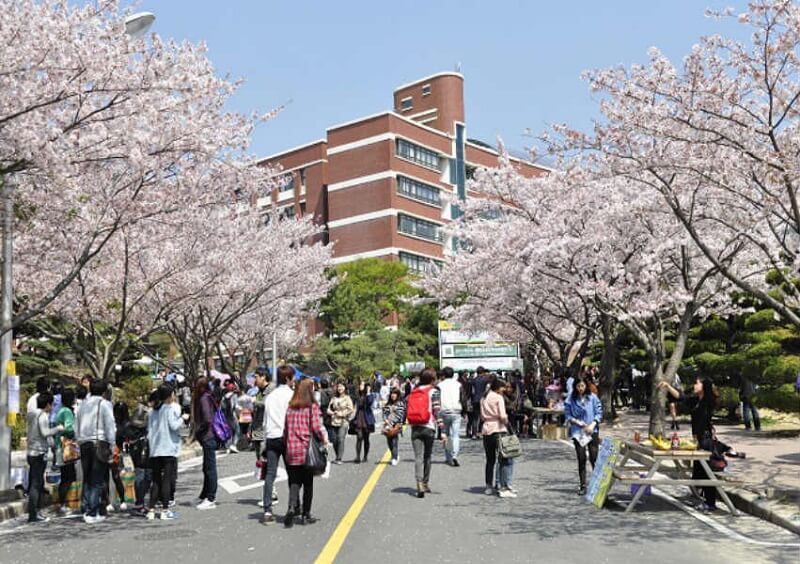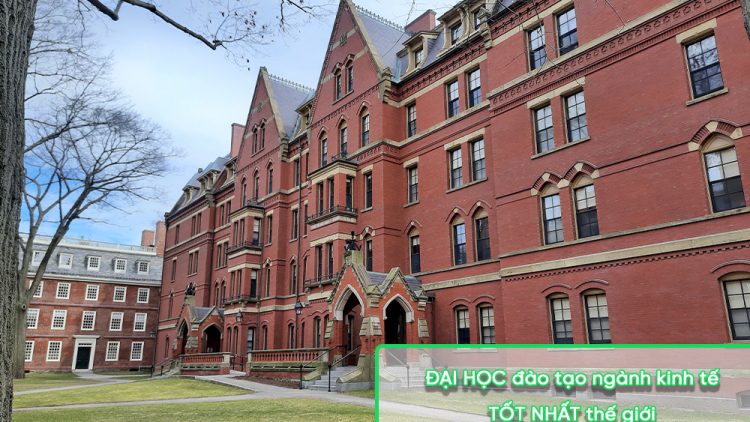ITT – The changes to be made in Japan College Entrance Examination are getting special concerns from teachers, students and parents alike. In recent months, the Department of Education, Culture, Sports, Science and Technology (MEXT) of Japan has announced in detail the improvements in college recruiting in the year 2020.

English speaking exam
Last year, there were 560,672 candidates registered for Japan College Entrance Examination. In 2020, the college entrance exam will be united and candidates will have to write their answer with 80 to 120 words in Japanese and Math. A private organization will take care of grading.
From 2020 to 2023, universities and colleges may choose to admit students based on their new English exam result or that result when they take the exam at private examination facilities, including listening, speaking, reading and writing or both results.
Since 2011, TOEFL is the prior choice, however, with the recent 16 suggestions from MEXT last May, there are 10 other exam organizers available and many more hoping and waiting for MEXT to choose them.
TOEFL is an internet based English exam and there are only 90 locations in Japan equipped the required computers to conduct this exam. Meanwhile, the Center has 700. Given that, if MEXT chooses TOEFL, students from suburban areas will have to spend more fee and traveling time. Moreover, the cost for TOEFL is also higher (¥27,000) compared to the fee of the Examination Center (¥18,000).
About private universities
The new regulations from MEXT with Japan College Entrance Examination to private universities will have a quite large effect on an also not small number of students take their exams there. There are roughly 480,000 students admitted to private universities each year.
For these candidates, the college entrance exam in Japan will be less stressful than before. According to MEXT’s 2015 statistics, only 49% of students entered private schools through written tests, and 43% of private schools cannot meet the quota of applicants, so they create shortcuts to higher education for many candidates.
MEXT also introduced stricter regulations, requiring schools to adopt admission systems based on short essays, lectures and interviews. MEXT expects universities to consider factors such as volunteer work and their overseas study experience during admission.

 Tiếng Việt
Tiếng Việt

